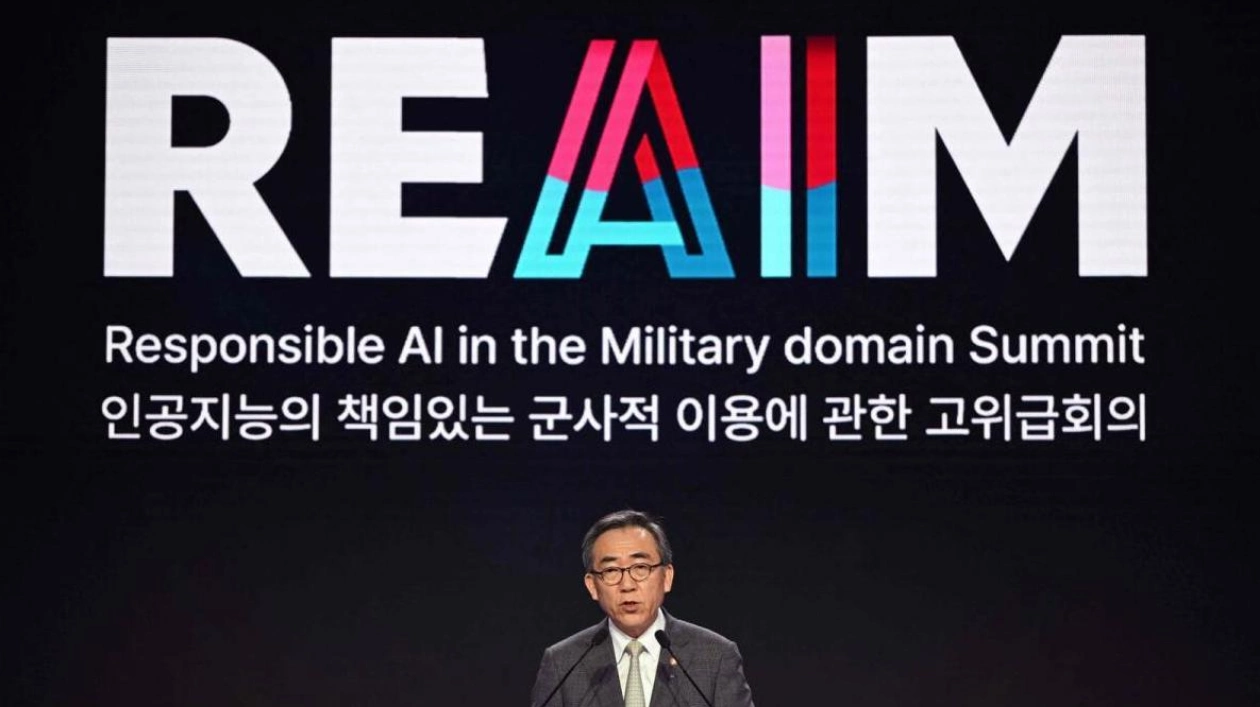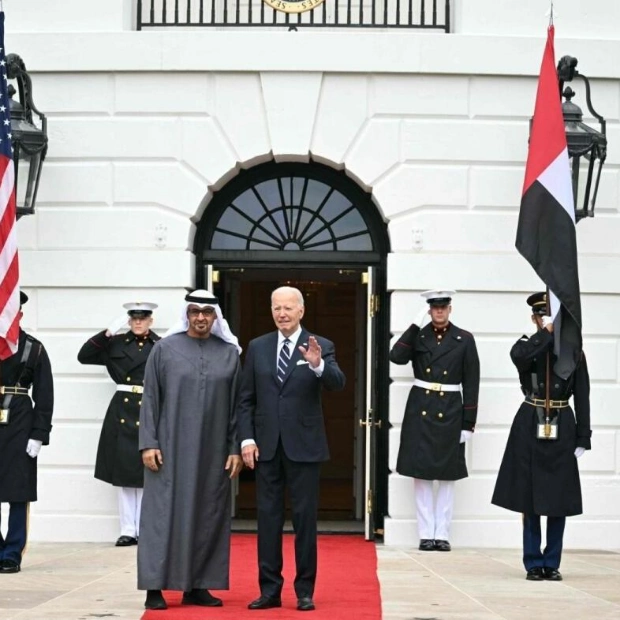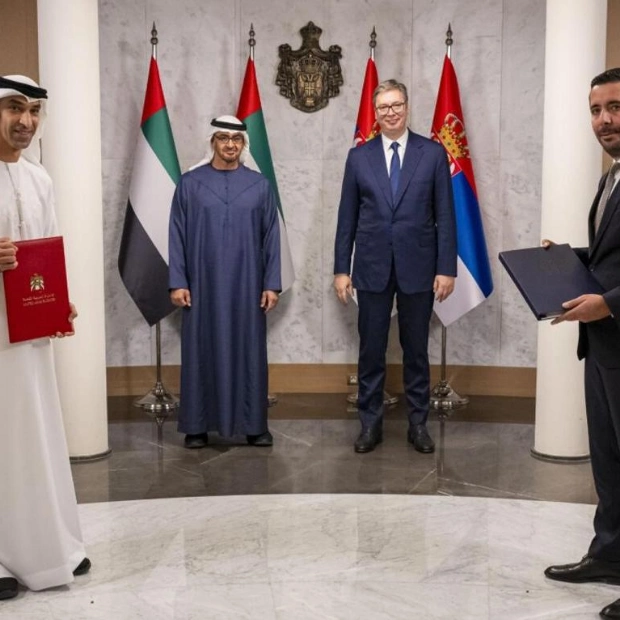Approximately 60 nations, among them the United States, have endorsed a "blueprint for action" aimed at regulating the responsible use of artificial intelligence (AI) in military applications. This endorsement was announced on Tuesday, with notable exceptions including China, which did not support the legally non-binding document. The Responsible AI in the Military Domain (REAIM) summit, held in Seoul, marked the second iteration of such a gathering, following the inaugural event in The Hague the previous year. During the 2022 summit, around 60 countries, China included, endorsed a more modest "call to action" that lacked legal obligations.
Government representatives at this year's summit emphasized that the newly proposed "blueprint" is more action-oriented, reflecting the advanced discussions and developments in military AI, such as the deployment of AI-enabled drones by Ukraine, which also endorsed the document. "We are taking further concrete steps," stated Netherlands Defence Minister Ruben Brekelmans in an interview with Reuters. "Last year was more about fostering shared understanding, but now we are moving towards more tangible actions." These actions encompass defining the types of risk assessments required, emphasizing the importance of human control, and outlining methods for implementing confidence-building measures to manage associated risks.
The document also highlights the necessity to prevent AI from aiding in the proliferation of weapons of mass destruction (WMD) by various actors, including terrorist groups, and underscores the critical role of human oversight and involvement in the employment of nuclear weapons. Additionally, the document aligns with other initiatives on the matter, such as the US government's declaration on the responsible use of AI in the military, which was launched last year.
The Seoul summit, co-hosted by the Netherlands, Singapore, Kenya, and the United Kingdom, aims to ensure that multi-stakeholder discussions are not monopolized by any single nation or entity. However, China was among approximately 30 nations that sent government representatives to the summit but chose not to endorse the document, highlighting significant differences in perspectives among the stakeholders. "We must also be realistic that achieving global consensus is unlikely," Defence Minister Brekelmans acknowledged. "How do we address the reality that not all parties will comply? This is a complex dilemma that we must also consider."
The location and timing for the next summit are currently under discussion. At the UN General Assembly in October, South Korean officials indicated plans to initiate discussions on AI in the military domain based on the 'blueprint'. Giacomo Persi Paoli, head of Programme Security and Technology at the United Nations Institute for Disarmament Research (UNIDIR), emphasized the importance of continuous engagement among countries between summits to mitigate potential risks. "The blueprint represents a step forward," he noted. "However, moving too quickly may deter many countries from engaging."






